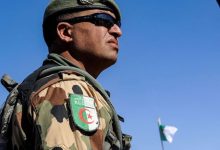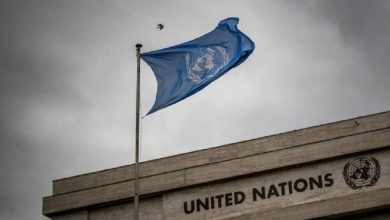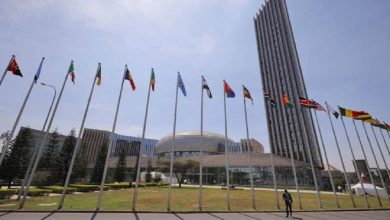Algeria Calls for Expanded Arab Meeting on Gaza After Eid, Protesting Summit Preparations
Algeria seeks broader Arab participation in resolving the Gaza crisis and advancing the two-state solution, while Egypt proposes international peacekeeping forces.
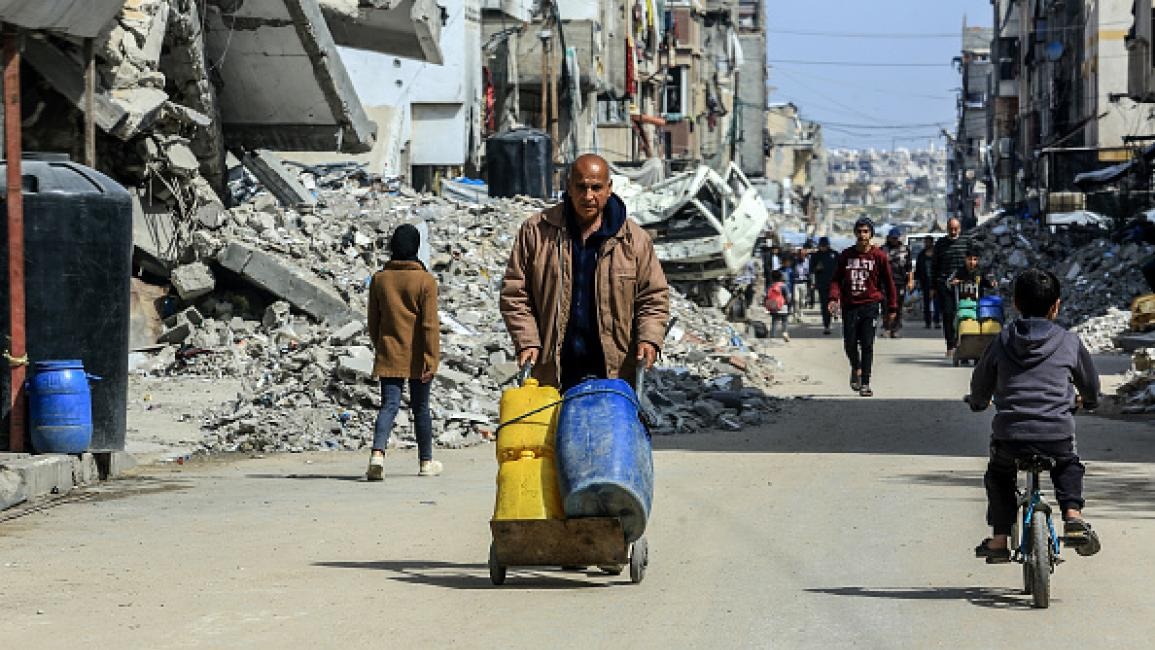
Watan-Diplomatic sources have revealed that Algeria has called for an expanded Arab meeting of countries concerned with the Palestinian issue after Eid al-Fitr, aimed at formulating a vision that ensures the involvement of all active Arab parties in efforts to resolve the Gaza crisis, activate the Arab Peace Initiative, and work toward advancing the two-state solution.
This comes at a time when Algerian President Abdelmadjid Tebboune is absent from the “extraordinary” summit being held in Cairo today, Tuesday, in protest against what he described as “imbalances and deficiencies” in the preparatory process for the summit, and the domination of this process by a limited group of Arab countries.
The Algerian news agency reported that a responsible source stated, “Algeria protests against some Arab countries unilaterally preparing the summit outcomes without any coordination with the rest of the countries.”
In response, an Egyptian diplomatic source revealed that the Egyptian plan for the reconstruction of Gaza includes a proposal for the Security Council to deploy international peacekeeping forces in Gaza and the West Bank. These forces would be deployed along the border between Egypt and Gaza in the area known as Salah al-Din (Philadelphi) corridor, as well as areas bordering Gaza and nearby Israeli settlements.
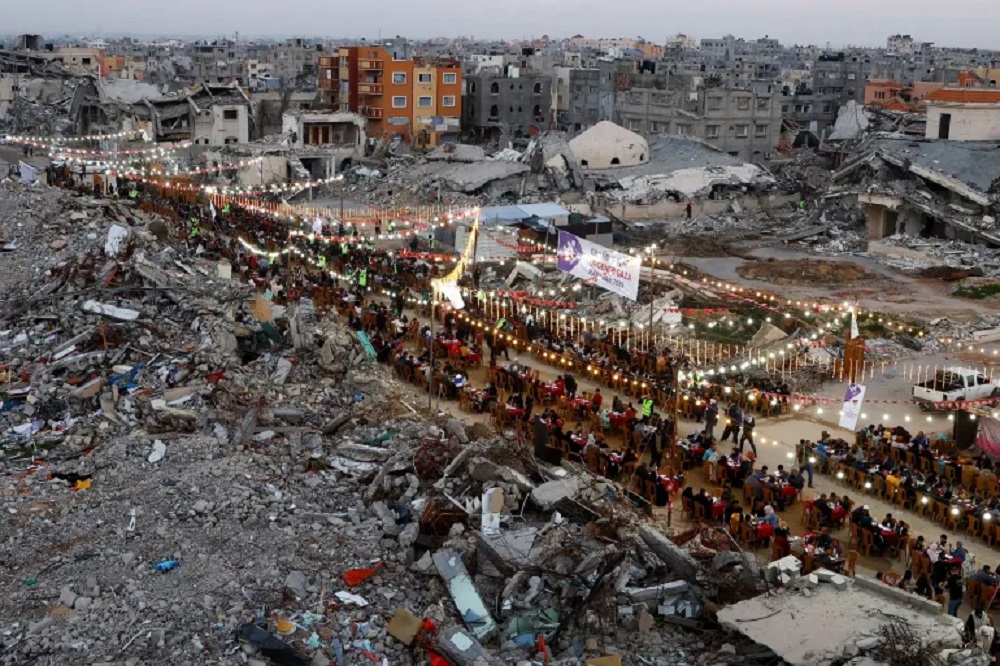
Egypt’s Proposal for Gaza: Balancing Israeli Security and Palestinian Resistance
According to the same source, the Egyptian proposal takes into account Israeli concerns regarding the disarmament of resistance groups in Gaza to ensure the security of Israel, while also considering the resistance’s stance of not abandoning its weapons before the establishment of the Palestinian state.
The source emphasized that Cairo has placed the responsibility on the UN Security Council and the US administration, stressing that if the international community and Washington are serious about reaching real solutions and not just consuming Palestinian land for the benefit of Israel, the ball is in their court.
Meanwhile, a responsible source within Hamas commented on the proposal to deploy peacekeeping forces in Gaza, stressing that the resistance’s weapons are a red line that cannot be touched under the pretext of reconstruction as long as a Palestinian state has not been established.
The source stated that if the mission of the forces is limited to peacekeeping and ensuring no attacks from the resistance after clear agreements are made, this matter would be open for discussion. However, it would only be acceptable if the forces’ role is restricted to monitoring and not engaging in any security operations within the Gaza Strip or acting to undermine or disarm the resistance.

